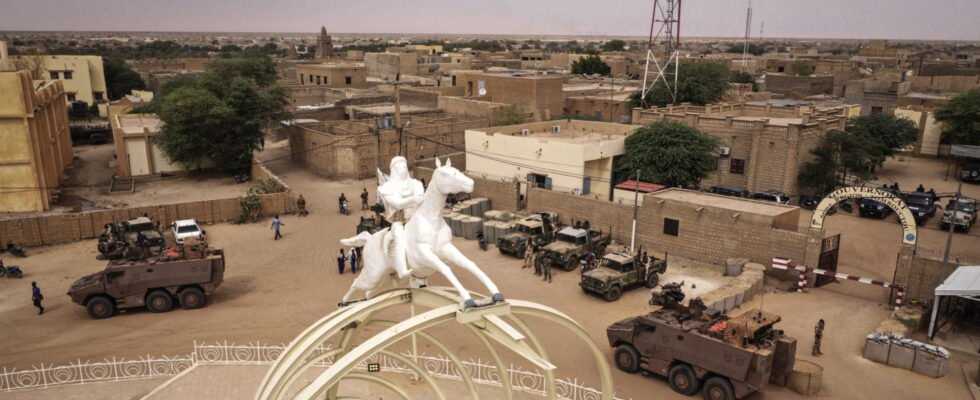Mali is quarantined. The leaders of West African states decided on Sunday to close the borders with the country and put it under embargo. They heavily sanctioned the ruling junta’s intention to take Mali “hostage” by holding its own for years, and refusing to hold elections as scheduled at the end of February. On Europe 1, the editorialist Vincent Hervouet regrets the arrival of the putschists who abuse democracy in the country.
Draconian sanctions
The sanctions taken by African leaders are draconian. The seven heads of state meeting expressly in Ghana, in the capital Accra, decided on the blockade: closure of air and land borders, freezing of assets, embargo on trade, with the exception of essential products, suspension of aid , reminder of the ambassadors… This is the maximum pressure. Mali becomes a pariah state, and the question of the resistance of its economy is raised. How will the regime pay Wagner’s Russian mercenaries? One of the poorest countries in the world is caught by the throat.
Monday morning, smugglers and jihadists rubbed their hands. Just like the “strong mouths” of Bamako, the nationalist tribunes who love to heat the demonstrators by shouting the foreigner. This made the leaders of the region hesitate for a long time. This is the eighth time in a year and a half that they have met on purpose to talk about Mali. They believed the putschists would keep their word, with elections at the end of February. When the military at the head of the country announced that they would not organize them next month but in five years, the African leaders denounced a “taking of hostages” and a blackmail. They resigned themselves to sacking them. All of this is unprecedented.
The Malian soldiers and their vision of democracy
The junta in power therefore granted itself five years. She had sent two ministers to bargain, they finally proposed four years. “That has to be done”, they said, “to change the constitution, to put an end to insecurity, so that the ballot is ‘impeccable’, that there is no dispute”. The Malian soldiers have a very high idea of democracy, so high that they avoid using it.
Their real problem is that they prefer palaver to patrolling, antechamber guerrillas to armed clashes. They suck at governing, but it’s better than fighting. They are unable to offer a political response to the Tuaregs, to disarm the jihadists and even to organize a poll. They’re just twisted enough to scull through the middle of the swamp. Colonel Assimi Goïta made a second putsch last spring – two putschs in nine months, he is world champion – to become president… of the transition. He wanted this transition to last four years, or a full term.
Corruption, Africa’s seventh plague
The heads of state of West Africa are being severe because they find it increasingly difficult to tolerate the Malian putschists. They worry first about the contagion of instability. The accomplished fact of the military is a bad example. The problem also arises in Guinea, where President Alpha Condé has been disembarked, or even in Chad where General Deby senior has been replaced “out of hand” by General Déby junior. These coups are a step backwards after decades of talking about good governance.
Corrupt politicians are Africa’s seventh plague. But there is even worse than the mediocre politician who does not reform anything, who does not even try. There is the military coup who clings to power. The politician takes a bite out of it, the officer stuffs himself. The first makes sentences, the second barks orders, both tell stories. For years, Malians have paid for the negligence of their leaders. Without the demagoguery, greed and carelessness of two successive generations, the country would not have been handed over to the jihadists. African neighbors are now trying to protect themselves.
